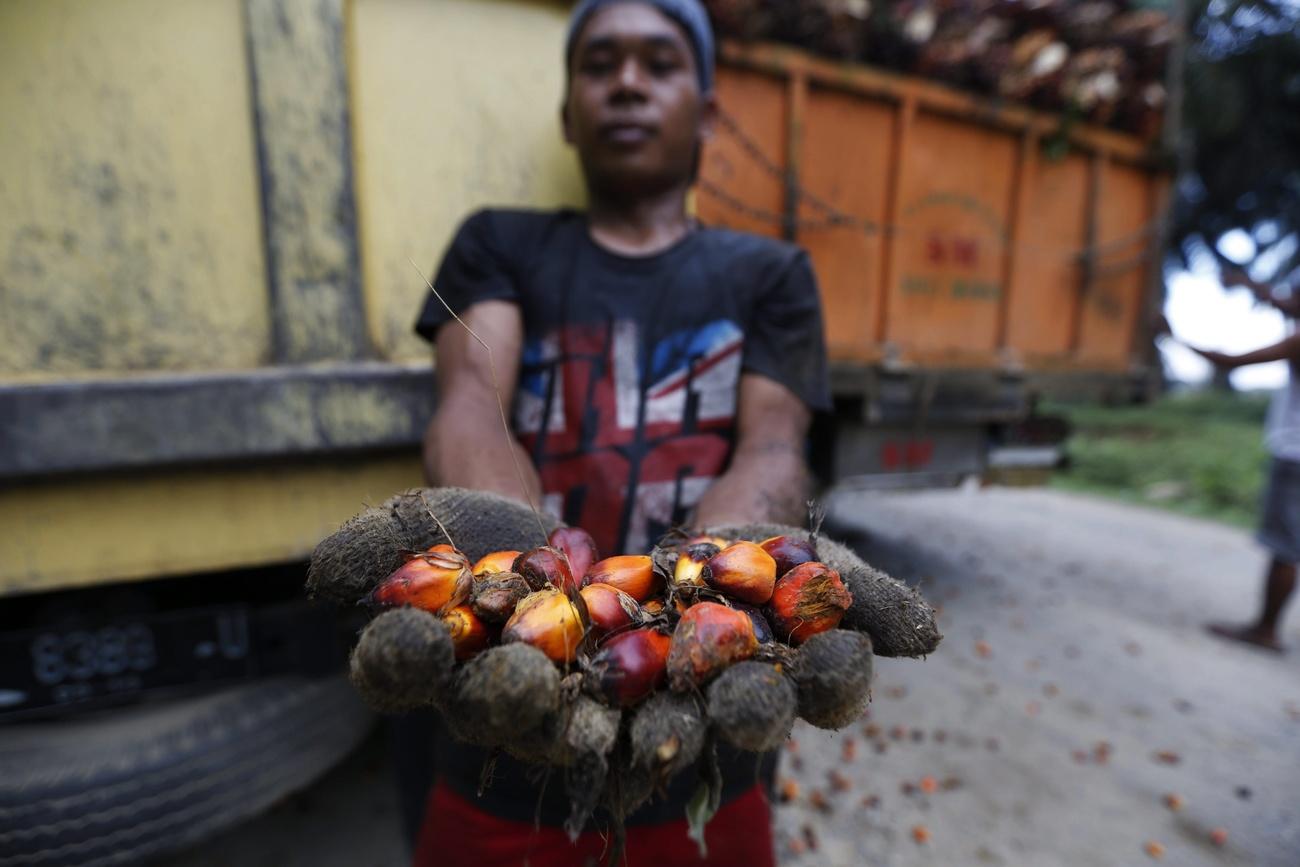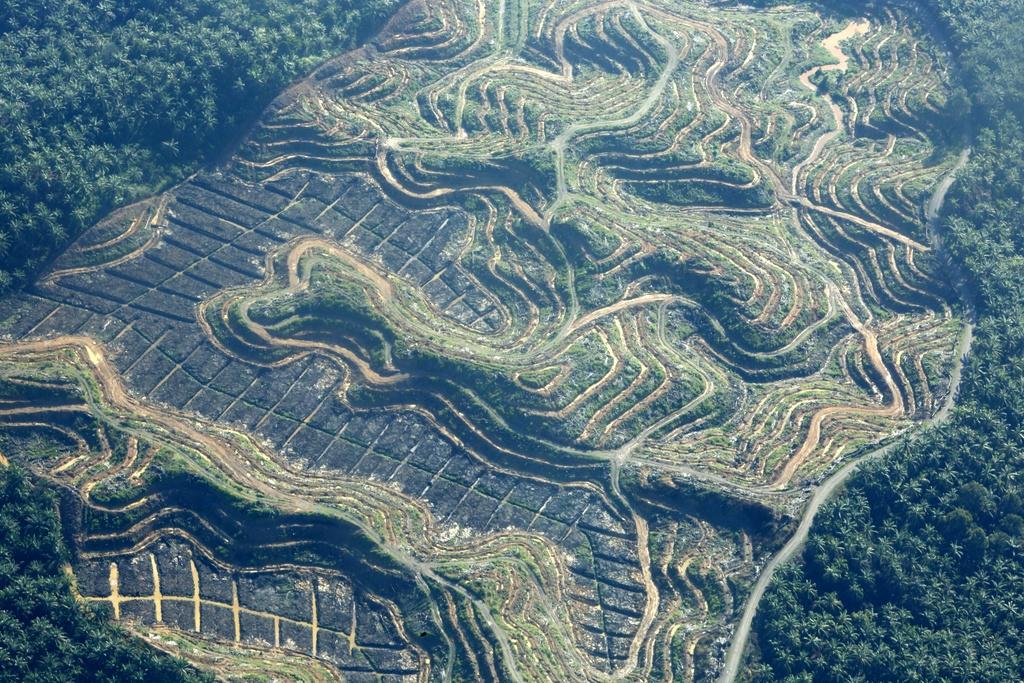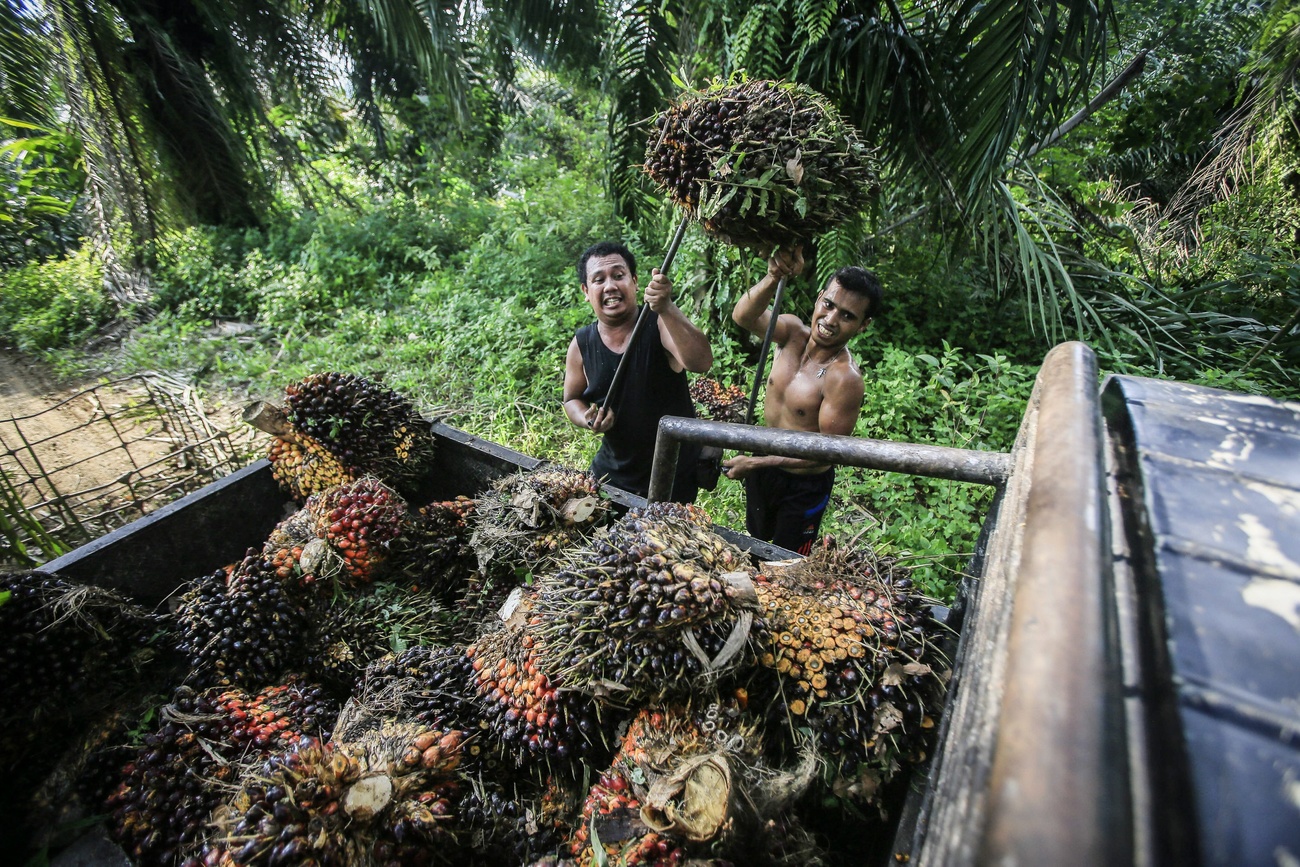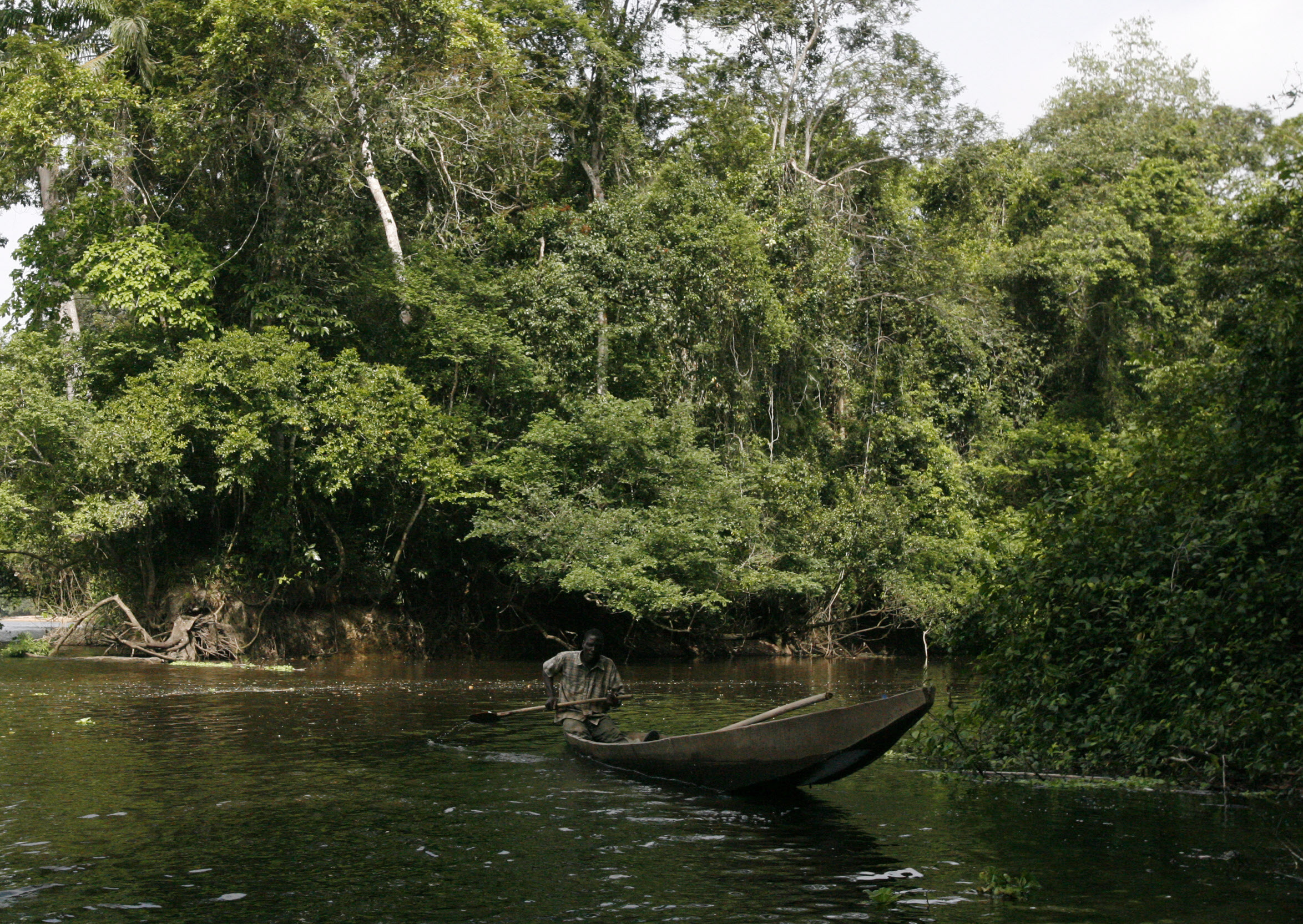Nestlé extends its zero deforestation target to 2022

Swiss food multinational Nestlé has announced that it expects its products to be deforestation free by 2022 instead of 2020 as originally promised. Coffee and cocoa will also be part of the commitment but will reach the milestone only in 2025..
The Vevey-based company managed to reach 90% of its goal at the end of 2020 and estimates that it will be achieved in full by 2025, the company said in a ten-year report on sustainability efforts published on Tuesday.
Some of the commodities used in its products are almost at the finishing line: sugar (91% deforestation free), soy (90%), meat (98%) and pulp and paper (94%). Palm oil is proving to be a particular challenge with only 70% currently deforestation free.
Last year Nestlé suspended five palm oil companies from its supply chain for deforestation using Starling satellite technology developed by Airbus. Nestlé also uses other methods like supply-chain mapping, certification and on-the-ground verifications to identify violations.
Today the main challenge comes from forest clearing by smallholders, who make up around 20% of the company’s palm oil supply. It has proven to be tougher than expected to identify the boundaries of small farmers. Nestlé is also reluctant to sanction them – like it does bigger palm oil producers – or eliminate them from its supply chain altogether.
When asked about how the company plans to address the smallholder challenge, a Nestlé spokesperson told SWI swissinfo.ch that the company plans to “invest in key producing regions” where it sources commodities “to ensure that forest protection goes hand in hand with sustainable livelihoods and respect for human rights”.
Greenpeace Switzerland wants Nestlé to do better.
“Time is up. We cannot afford more land for commodities and industrial plantations facing the current biodiversity and climate crisis,” says spokesperson Yves Zenger. “The further expansion of agriculture and land use change for the commodity production has to stop.”
What does zero deforestation mean?
Nestlé defines it as raw materials that do not originate from clearing of High Carbon Stock (HCS) forests, peatlands, protected areas, UNESCO World Heritage Sites and wetlands on the Ramsar List.
Cocoa and coffee
Nestlé will also add bestsellers cocoa and coffee to its zero deforestation target (not included in the original 2010 commitment) and plans to reach the milestone by 2025.
“When we made the no-deforestation commitment in 2010, we focused on the raw materials considered at that time to have the highest impact on deforestation and forest stewardship, and therefore the priorities for Nestlé to work on, were: paper & paper, palm oil, soya, meat, sugar,” the spokesperson said.
The multinational firm sources coffee and cocoa beans from regions associated with a high risk of deforestation: coffee from the Americas (Brazil, Colombia, Honduras, Mexico, Nicaragua, Peru) and cocoa from West Africa (Ivory Coast, Ghana and Cameroon).
“The use of satellite imagery has helped us on our journey to stop deforestation,” said Laurent Freixe, CEO of Zone Americas at Nestlé. He added that Nestlé would now expand satellite technology to monitor the sourcing of coffee and cocoa, which he called “important ingredients”.
Forest Positive
Apart from its zero deforestation commitment, Nestlé has made additional environmental pledges like reaching zero net emissions by 2050. It also plans to “adopt” remaining intact forest landscapes like the Cavally forest reserve in Ivory Coast and Dvinsky boreal forest in northwestern Russia as part of the company’s Forest Positive approach. Millions of dollars will be invested in these landscapes for better forest monitoring and providing alternate livelihoods to those dependent on forest clearing.
Greenpeace, however, is skeptical of Nestlé’s latest commitment to regenerating forest landscapes and wants an independent audit of the interventions.
“It takes several generations to restore resilient, natural forests on deforested land and even then the return of biodiversity is only possible if the reforested areas are connected with areas of high diversity,” says Zenger. “The new [Nestlé] policy must be followed closely by an independent party which is prioritising the protection of climate, biodiversity and the rights of indigenous communities.”

In compliance with the JTI standards
More: SWI swissinfo.ch certified by the Journalism Trust Initiative














You can find an overview of ongoing debates with our journalists here . Please join us!
If you want to start a conversation about a topic raised in this article or want to report factual errors, email us at english@swissinfo.ch.